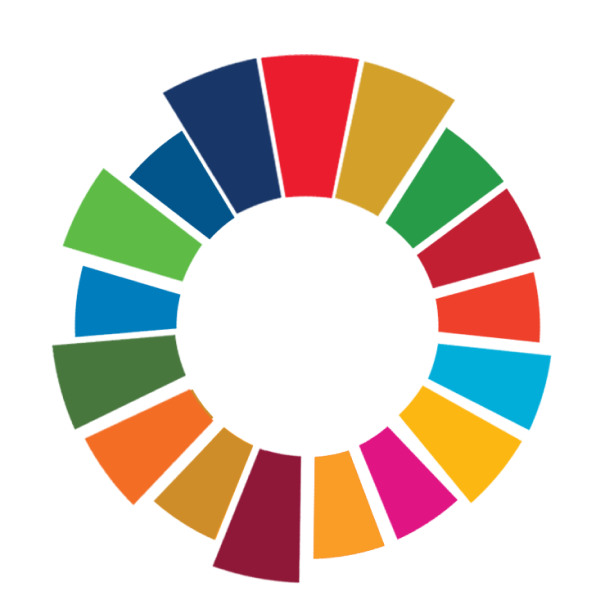The impact of ADA's activities in 2023
ADA leverages inclusive finance, its main area of expertise, to contribute to achieving the Sustainable Development Goals (SDGs) and to address the needs of vulnerable populations.
Browse ADA's contribution to the achievement of SDGs in 2023 by hovering on the different icons.
End poverty in all its forms everywhere
1.2 — Poverty alleviation
1.4 — Access to basic services, including microfinance
162 516 beneficiaries of microfinance services (credit, saving, insurance)
761 households with access to basic services (energy, water and sanitation)
1.5 — Building the resilience of vulnerable people
78 689 beneficiaries of microinsurance
End hunger, ensure food security and improved nutrition and promote sustainable agriculture
2.1 — Reducing food insecurity
2.3 — Improving agricultural productivity and increasing smallholder farmers' income
15 434 beneficiaries of market access solutions (digital platforms, contract farming, market certifications)
2.4 — Adoption of productive, sustainable and resilient agricultural practices
1 095 beneficiaries of technical assistance for good agricultural practices
Ensure healthy lives and promote well-being for everyone at all ages
3.8 — Access to health services and coverage
3.9 — Reduction of health problems due to polluted air, water and soil
824 households made aware of the importance of access to clean water and/or sanitation
336 households (or children via schools) have access to water and sanitation
Ensure inclusive and equitable, high-quality education and promote lifelong learning opportunities for all
4.4 — Building skills for employment and entrepreneurship
19 076 beneficiaries of financial education
796 beneficiaries of entrepreneurial support programmes
Achieve gender equality and empowering all women and girls
5.5 — Participation of women in the economy
19 076 beneficiaries of financial education
60% of ADA beneficiaries are women
5.a — Equal access to business resources, control over land and financial services
Ensure availability and sustainable management of water and sanitation for all
6.1 — Access to drinking water
6.2 — Access to sanitation
336 households (or children via schools) have access to water and sanitation
6.4 — Using water more efficiently
Ensure access to affordable, reliable, sustainable and modern energy for all
7.1 — Access to energy
7.2 — Access to renewable energy
425 households have access to green energy
7.b — Developing infrastructure for sustainable energy services
Promote sustained, inclusive and sustainable economic growth, full and productive employment and decent work for all
8.3 — Develop the economy, support the creation of decent jobs and promote entrepreneurship
77 646 beneficiaries of loans for business purposes
8.5 — Access to decent work and equal pay for equal work
8.10 — Capacity building for financial institutions
220 partner organisations benefited from technical support programmes to strengthen their internal capacities and/or to develop financial and non-financial solutions
Build resilient infrastructure, promote inclusive and sustainable industrialisation and foster innovation
9.3 — Access to financial services for small enterprises and their integration into value chains and markets
22 young entrepreneurs were financed with innovative financing mechanisms (revenue-based loans)
9.c — Access to information and communication technologies
Ensuring that cities and communities are inclusive, safe, resilient and sustainable
11.1 — Access to adequate and safe housing
Take urgent action to combat climate change and its impact
13.1 — Strengthening resilience and adaptive capacity to climate change
1 748 farmers benefit from index insurance covering drought and/or flood risks
1 095 beneficiaries of technical assistance for sustainable production practices
13.3 — Awareness raising of climate change
Protect, restore and promote the sustainable use of terrestrial ecosystems, sustainably manage forests, combat desertification, halt and reverse land degradation and halt biodiversity loss
15.1 — Sustainable use of of terrestrial and inland sources of freshwater
15.2 — Sustainable forest management
21 forest owners or entrepreneurs linked to forestry value chains provided with technical and/or entrepreneurial skills
Strengthen the means of implementation and revitalise the global partnership for sustainable development
17.3 — Mobilising financial resources for developing countries
15 M EUR annual budget spent by ADA in 2023
17.5 — Promoting investments in least developed countries
17 M EUR disbursed to 19 MFIs in 2023 in accordance with ADA’s investment advice for the Luxembourg Microfinance Development Fund with a total outstanding portfolio of EUR 46 million for 47 MFIs by the end of 2023
3 financial institutions financed by FIT (Financing Innovation Tool), an innovative financing instrument
17.9 — Capacity building and support of national plans in developing countries
9 countries in which ADA is boosting and strengthening the inclusive finance sector in collaboration with institutional actors
17.17 — Promoting partnerships
220 partner organisations of ADA benefited from technical assistance programmes
Key figures 2023
by thematic axis
YOUNG ENTREPRENEURS
Financial support and business coaching
for young entrepreneurs
503 additional young entrepreneurs benefited from financial services
22 young people obtained a classic loan tailored to their needs
190 young people obtained a savings product
364 young people benefited from capacity-building services and tools
Contribution to the SDGs
260 young people benefited from entrepreneurial support from an incubator or an MFI
69 young people benefited from a digital accounting service provided by young accountants
39 young entrepreneurs in the food sector were also supported in implementing good operational practices
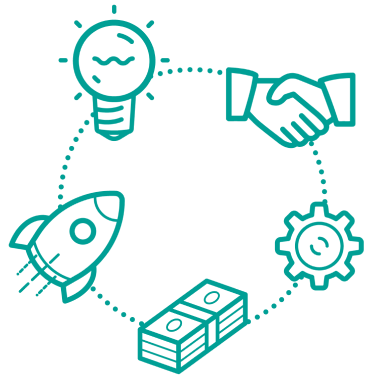
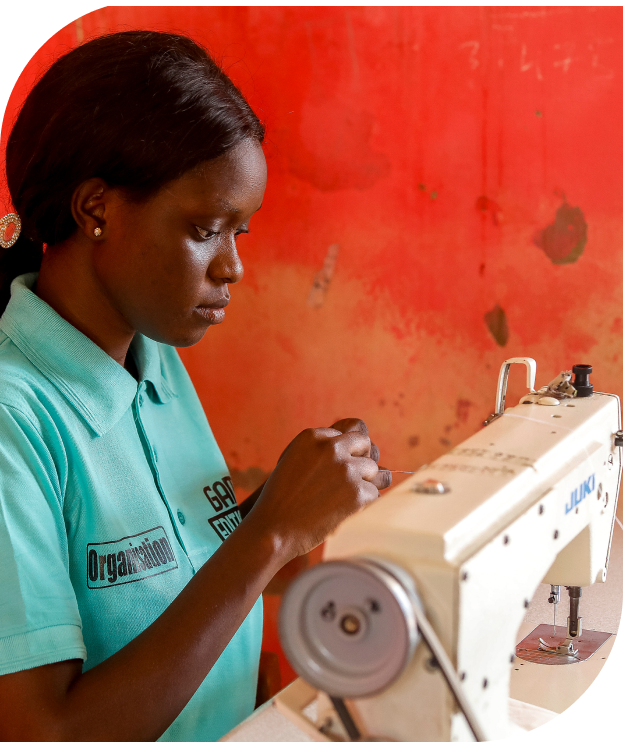
ADA PROVIDES DIFFERENT TYPES OF YOUNG ENTREPRENEURS WITH TAILORED FINANCING MECHANISMS TO ADDRESS FUNDING GAPS AND WITH BUSINESS SKILLS TO INCREASE THEIR SOCIAL, ENVIRONMENTAL AND ECONOMIC IMPACT.
AGRICULTURAL AND FORESTRY VALUE CHAINS
Tailored financial products for smallholder farmers and small-scale forest owners
9,836 new beneficiaries of financial services
8,195 beneficiaries of loans for agricultural production, the purchase of agricultural inputs, forestry management or wood storage
35,151 beneficiaries of capacity building
17,910 producers supported in implementing good practices
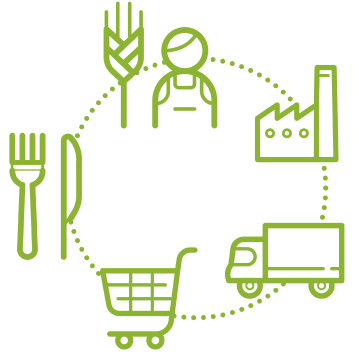
16,854 producers provided with financial training
22,288 beneficiaries of market access solutions
587 producers certified (fair trade, organic, etc.)
98 beneficiaries improved their marketing strategy (improved products, targeting new markets)
Contribution to the SDGs
ADA SUPPORTS SMALLHOLDERS BY CONNECTING THEM WITH OTHER ACTORS IN THE AGRICULTURAL AND FORESTRY VALUE CHAINS, BY PROVIDING FINANCIAL EDUCATION AND FACILITATING THEIR ACCESS TO TAILORED AND SUSTAINABLE FINANCE, AS WELL AS BY ENCOURAGING BEST AGRICULTURAL PRACTICES.
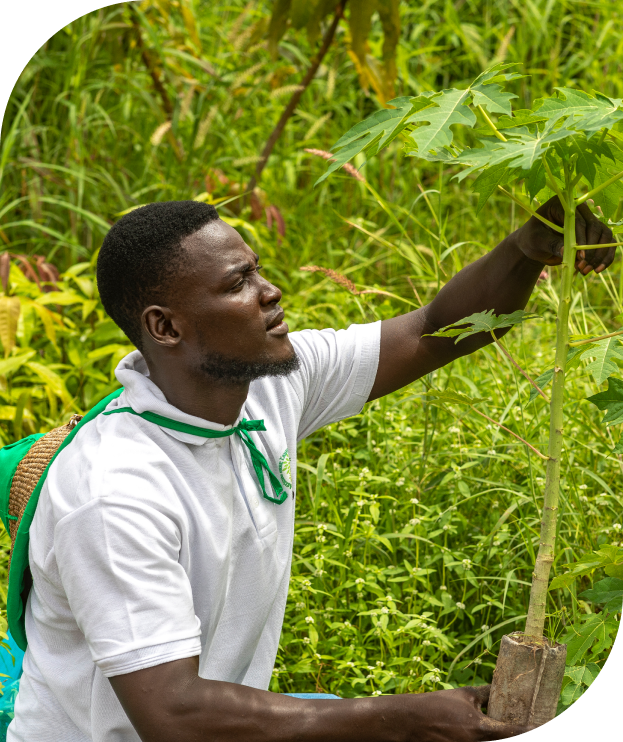
ACCESS TO BASIC SERVICES
Leveraging inclusive finance to increase access to basic services
973 beneficiaries (individuals or households) of capacity-building services related to access to basic services (awareness-raising or entrepreneurial support)
761 households or individuals with access to basic services, including:
• 336 households with access to water and sanitation thanks to credit
• 353 households or individuals with access to energy-efficient equipment or renewable energy equipment through credit or via equipment suppliers who have had access to credit
• 72 households or entrepreneurs have access to solar energy via a mini-grid
Contribution to the SDGs
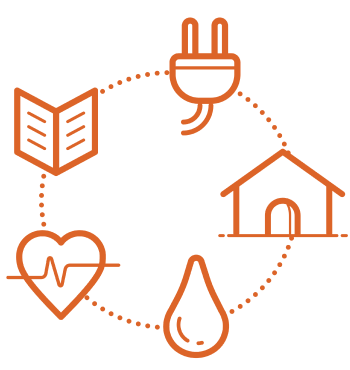
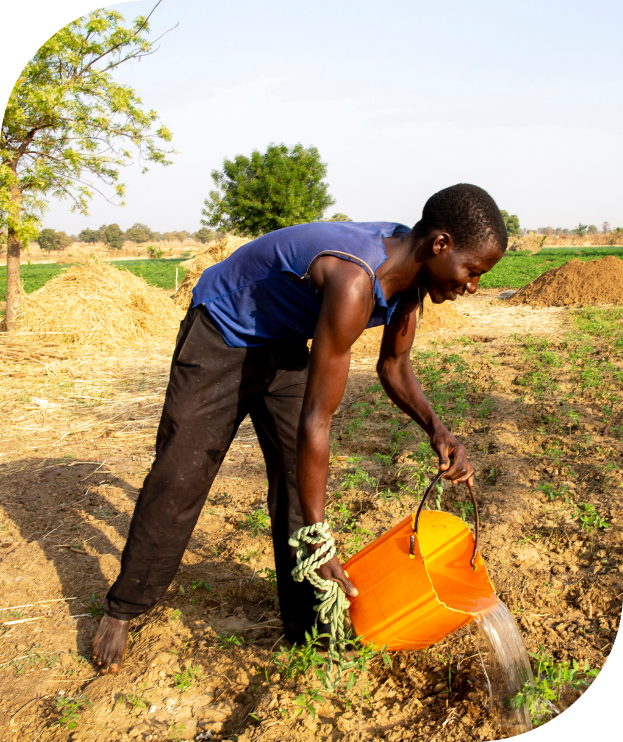
ADA FOSTERS ENTREPRENEURIAL DYNAMISM BY FINANCING ACCESS TO GREEN ENERGY AND IMPROVES LIVING CONDITIONS FOR HOUSEHOLDS BY PROMOTING ACCESS TO WATER.
